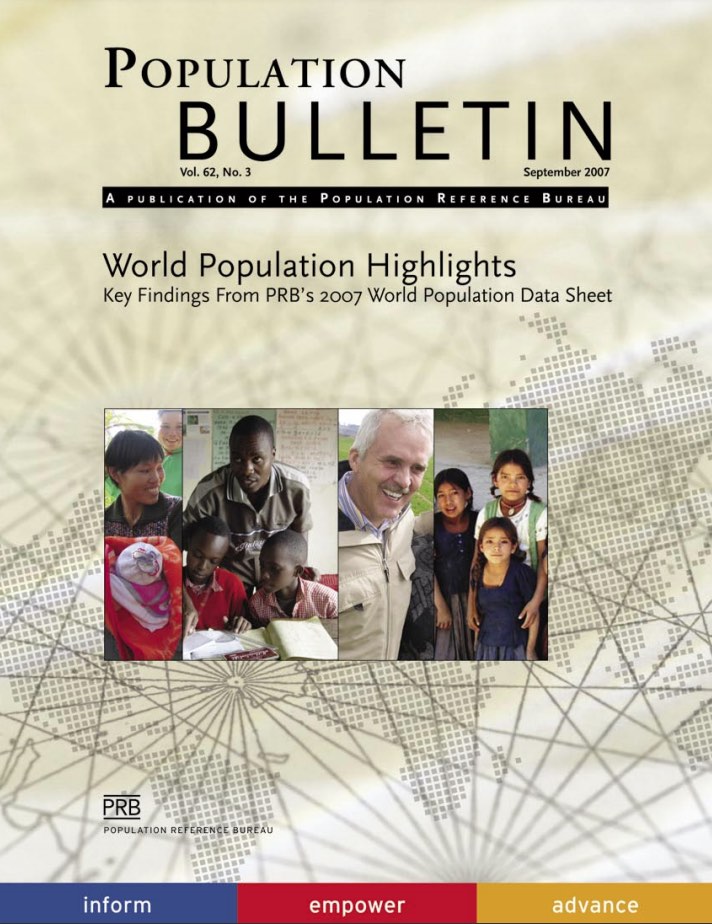College Enrollment Rate Increases, but Financial Challenges Bring Uncertainty
(2008) Higher education in the United States is increasingly out of reach for many young adults. Over the past decade, tuition costs at public four-year institutions have risen by 4.2 percent per year after inflation.



